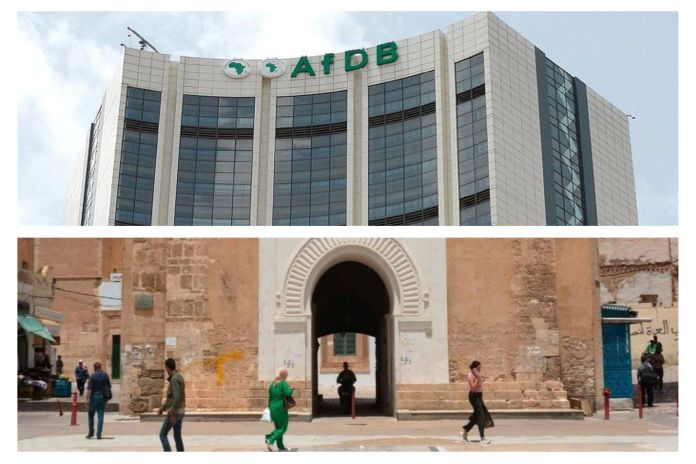AFRICA – The board of directors of the African Development Bank (AfDB) has approved a financing package of 92.3 million euro for the implementation of the Tunisian government’s Support Program for Business Competitiveness and Empowerment of the Population through Job Creation (CAP-Emplois).
The financing consists of a 90 million Euro loan from the Bank Group, and a grant of 2.3 million Euro from the Women Entrepreneurs Finance Initiative (We-Fi) Trust Fund, under the Affirmative Finance Action for Women in Africa (AFAWA) initiative.
The CAP Emplois program, designed by the Tunisian ministry of employment and vocational training with support from the AfDB, will be rolled out over four years starting in November 2024. The objective is to support job creation in order to improve living conditions and promote economic inclusion through entrepreneurship and skills development. It will support the creation of new businesses, as well as the growth and formalisation of existing businesses.
“The findings of a survey by the bank in Tunisia show that established and potential entrepreneurs could create many jobs, but they are subject to structural constraints that hold back investment projects, productivity and growth. This project helps entrepreneurs to address these problems,” said Malinne Blomberg, deputy director general of the bank group for North Africa and country manager for Tunisia.
Constraints affecting the development of Tunisian entrepreneurs include level of education and access to the market, particularly for informal businesses. Entrepreneurs also find it difficult to recruit employees with necessary skills, and lack access to business support services and finance.
The CAP Emplois program is designed to reduce these constraints through three types of intervention: complementary integration training to provide young people and women looking for work with the skills they need to access salaried jobs; an entrepreneurship support service, Souk At Tanmia 2.0, to extend access to support tailored to the needs of various target groups, particularly women; and the development of institutional capacity.
The Tunisian government forecasts that the program could enable the creation of 118,900 formal jobs – 76,600 directly and 42,300 indirectly. At least 50 percent of the entrepreneurs who obtain training and professional integration through the program will be women, and 45 percent of the businesses that receive help with establishment, formalisation and financing will be run by women. The grant from the We-Fi fund under the AFAWA initiative will reduce loan initiation fees for businesses run by women and increase the share of women entrepreneur beneficiaries from 35 to 45 percent.
“This program consolidates our commitment to promoting employment in Tunisia, helped by lessons learned from the Souk At-Tanmia initiative and by the operational innovations developed by the EInA platform(link is external). The objectives of the program are to overcome constraints associated with expansion and financial sustainability of businesses and to leverage private investment,” Blomberg said.

